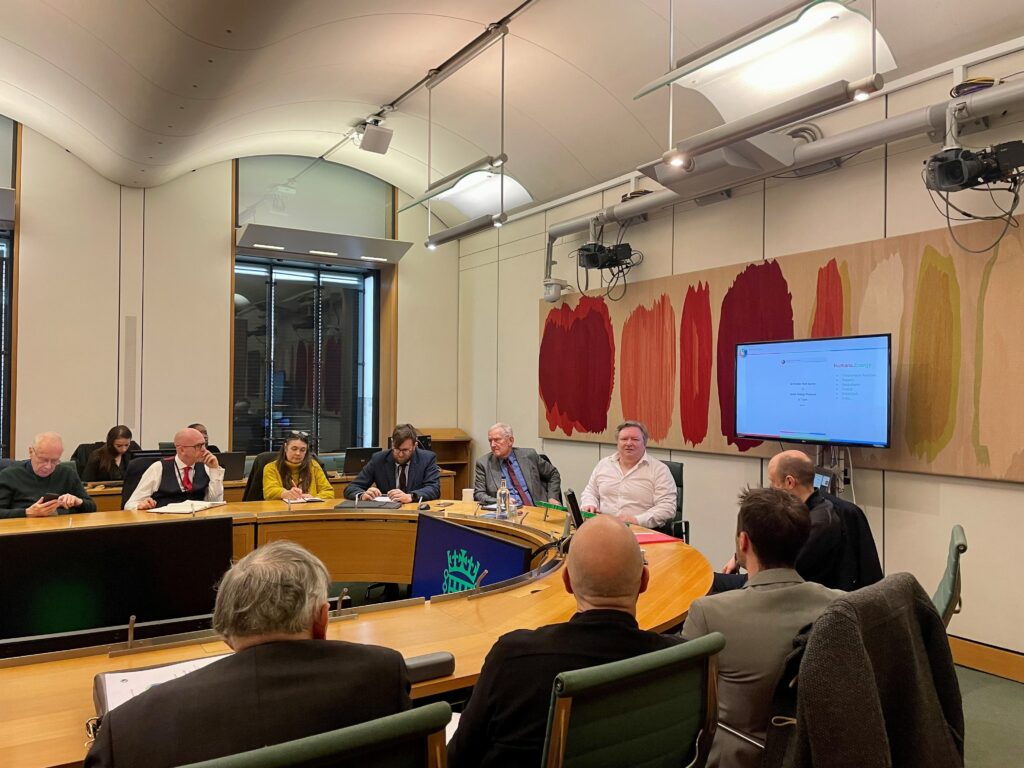Humane Energy has called on the Government to protect customers from systemic abuse of smart-meters novel, remotely programmable, features.
In its new report, UK Energy’s ‘Smart’ Abuse: Systematic Abuse of the UK’s Most Vulnerable People, it sets out key ways in which unregulated areas of the domestic market are being used to “systematically circumvent existing protections for vulnerable customers.”
This includes customers being automatically changed to a prepayment meter through mode-switching, an issue recently also raised by Business and Energy Secretary Grant Shapps, who has written to Ofgem calling on them to do more to ensure suppliers protect vulnerable consumers.
The second key point in Humane Energy’s report – which was launched as part of the first Westminster Forum on the Future of Energy yesterday (26 January) – is the systemic use of ‘Sludge’ to limit the numbers of vulnerable households benefiting from the status. This involves making details and support difficult to find or access in the hope people will give up.
Thirdly, Humane Energy identified the need for informed consent and for changes such as repayments and schedules, pointing to Citizen’s Advice reports of “widespread abuse”.
The report sets the scene for these concerns by detailing the “Winter of Discontent” being experienced in the UK, with soaring energy bills leading to between a third and two thirds of the UK population struggling to afford their bills.
According to charity National Energy Action (NEA), the number of households in fuel poverty has grown to 6.7 million from 4.5 million in 2021-22. This is despite a number of measures introduced by the government to support households including the Energy Price Guarantee and the Energy Bills Support Scheme.
With so many people across the country in a very vulnerable position therefore, reports of utilities failing to protect and support customers have hit particularly hard.
Speaking at the launch in Westminster, Barry James, founder of Humane Energy set out three key actions the Government could take to protect vulnerable energy customers.
These are:
1. Immediate ban on clawbacks (the typical figure tends to be 50%)
2. Immediately reverse the presumption of non-vulnerability for customers on pre-pay
3. An explicit requirement that informed consent is obtained, documented and available for inspection by Ofgem
“The regulations that are there are out of date, and they’re being gamed,” noted James in the forum meeting as he detailed the wider shift in the energy sector.
There is a shift towards decentralised energy technologies, including solar, wind, tidal and storage amongst others in the UK, which is helping both to decarbonise the energy sector and boost resilience.
We are going to hit a “Kodak moment” in the digitalisation of energy said James, where households buy their kit, and from that point onwards have energy for free. A report from Solar Energy UK last year, found that a terraced house could save £40,000 by installing solar PV and battery energy storage.
The shift thus far has been held back by the prevalence of the “Factory Mindset” James continued, wherein consumers still expect their power to be generated in large-scale power plants far from their homes.
While smart meters can aid in the management of the new decentralised energy system to enable smart management of clean energy assets, regulation must keep up with this policy shift to help protect the most vulnerable in society.
The Forum included Barry Sheerman MP, who hosted and co-chaired the event, committing to put forward an Early Day Motion in Parliament and seeking a Westminster Hall Debate challenging the government and energy minister.
Read the full UK Energy’s ‘Smart’ Abuse – Systematic Abuse of the UK’s Most Vulnerable People report here.






